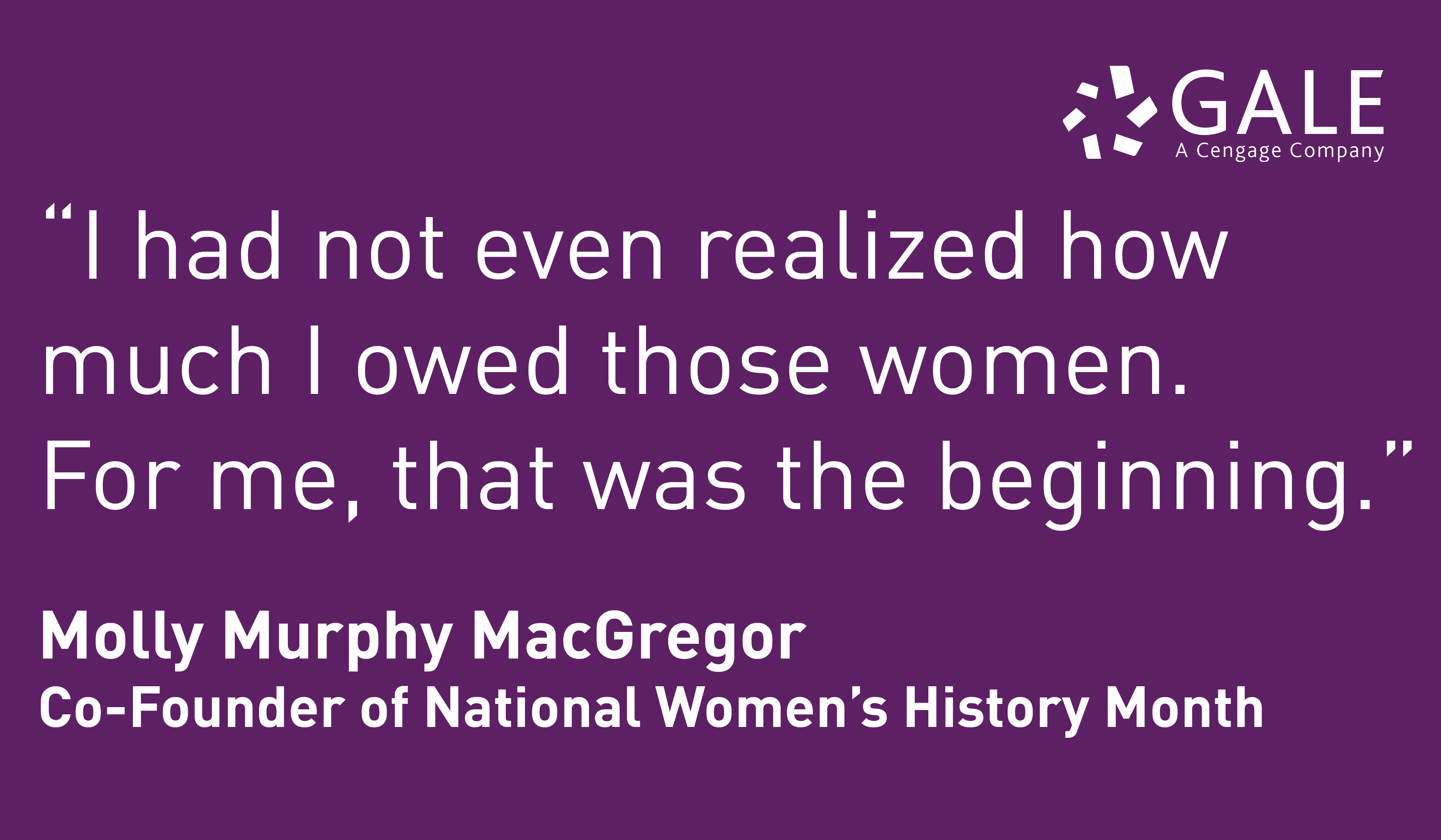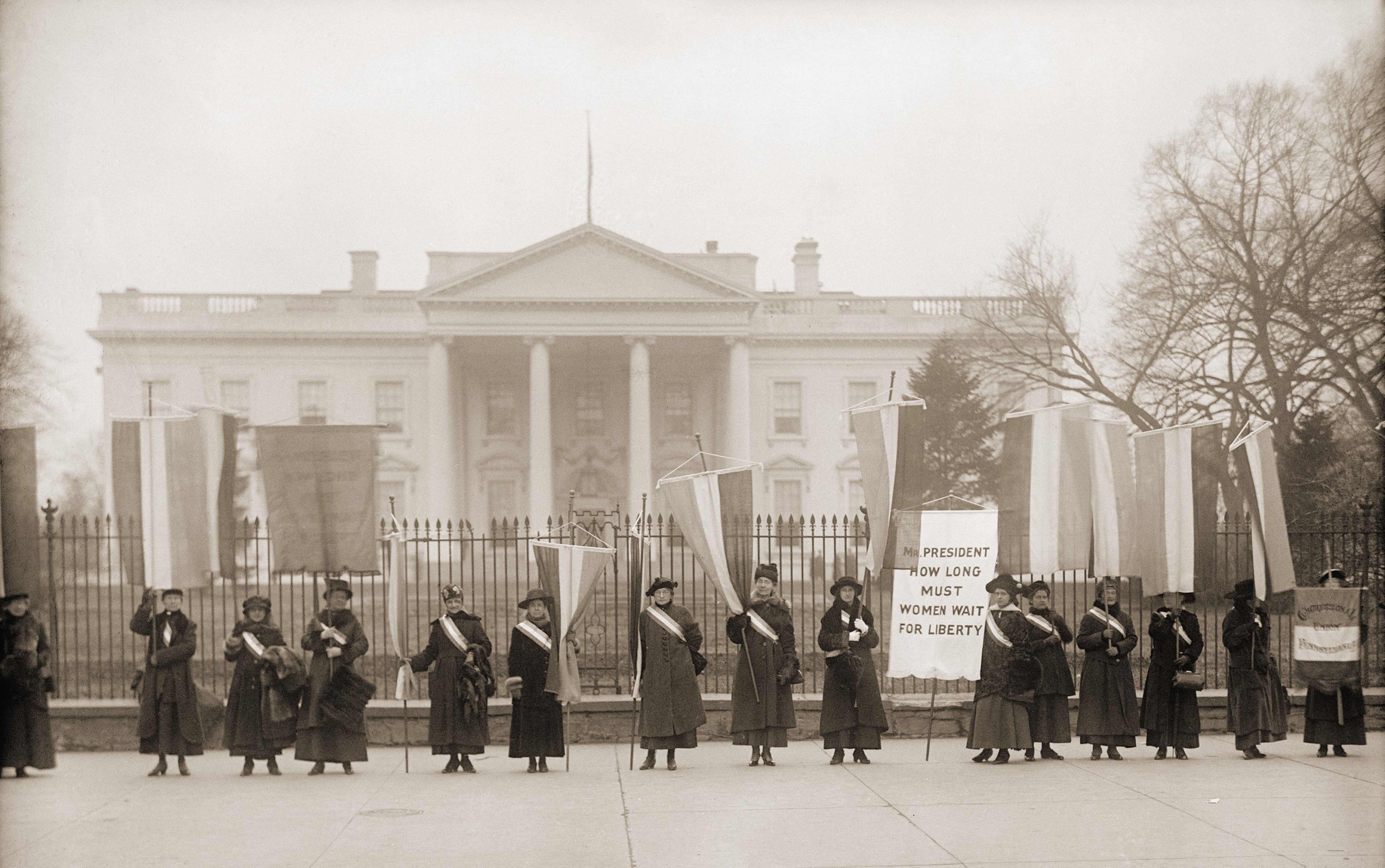Introducing Women’s Movements and Issues – the first in the Women’s Studies Archive, a collection that traces the path of women’s issues from past to present—pulling primary sources from manuscripts, newspapers, periodicals, and more. It captures the foundation of women’s movements, struggles and triumphs, and provides researchers with valuable insights.
The Past, Present & Future of Feminism in International Relations
| By Alyssa Anderson, Gale Ambassador at Florida International University | In a world of restrictive gender roles, women are assumed to play a peripheral part while men take the lead. Feminism was introduced as a critical theory in the study of international relations to defy the marginalization of women in the field. To focus … Read more




